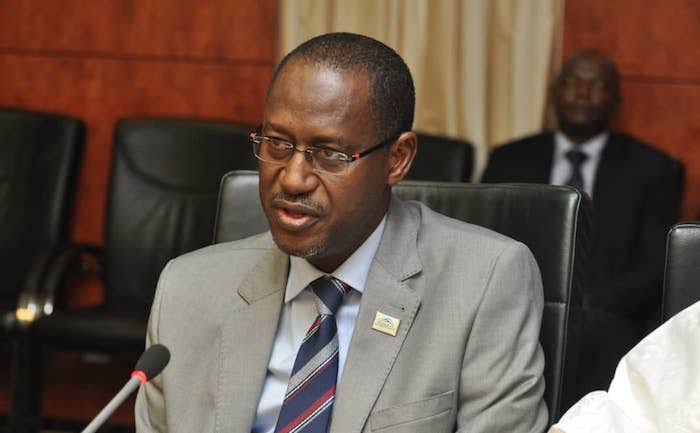The federal government is reviewing the compensation framework for land acquisition, particularly for project-affected persons, in order to reflect current economic realities in the country
The minister of housing and urban development, Arc Ahmed Musa Dangiwa disclosed this at the 2024 National Technical Development Forum on Land Administration, (NTDF), tagged: “The Review of Compensation Rates on Crop and Economic Trees for Project-Affected Persons in Nigeria”, which took place in Abuja.
The minister who said land is a multi-level driver in national development also stressed that it plays critical roles in Agriculture, as well as industries, and infrastructure. He described it as a catalyst for urban and housing development.
Dangiwa revealed that the 2024 NTDF meeting provides an opportunity for all stakeholders, government agencies, project developers as well as civil society, farmers, and traditional authorities to review and validate the data collected from the field to ensure that a fair and standard compensation rate is adopted.
“The Federal Ministry of Housing and Urban Development is keenly aware of this reality and is committed to ensuring that our compensation framework reflects current economic realities by ensuring that there is fair and timely compensation for PAPs because it serves as a critical element in fostering trust between the government and the people it serves. It is important to note that compensation is not just a legal obligation but a moral duty to restore the economic balance that is disrupted by land acquisition”.
“The need to improve compensation rates for land acquisition is due to the many challenges of the current rates which are obsolete,inconsistent in implementation, lack of comprehensive valuation amongst others. Therefore, the 2024 review of compensation rates for crops and economic trees presents an opportunity to address these challenges and create a more equitable system for project-affected persons”, he said.
Dangiwa said commercial land is not only a valuable economic asset but a lifeline for millions of Nigerians. He revealed that a large portion of Nigeria’s population derives their livelihood from land, adding that farmers cultivate crops, businesses build factories, and investors seek land for their activities.
While also explaining that without efficient land management, our national housing goals cannot be achieved, Dangiwa added; “ it is important to note that as a country, we are blessed with vast land covering about 923,769 square kilometres. We do not have a shortage of land. What we lack is effective administration and management of this massive resource that providence has bestowed on us. And until we can do so, we may not be able to unlock its potential and to develop at the pace that we need to”,





